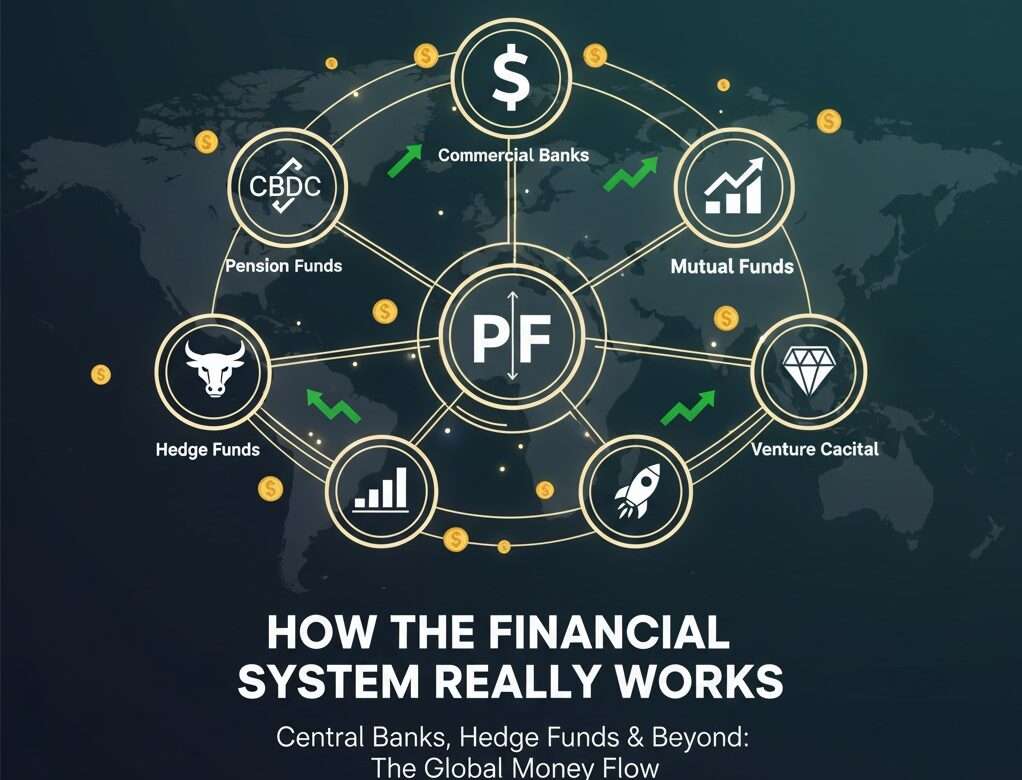- 30 September 2023
- No Comment
- 900
Startup Revolution: The Exciting Shift Beyond Silicon Valley

In the world of technology and innovation, Silicon Valley has long been regarded as the epicenter. Nestled in the southern San Francisco Bay Area of California, it has given birth to giants like Apple, Facebook, and Google. It’s where startup ideas take flight, innovation knows no bounds, and dreams turn into reality. But is it the only place where the startup can thrive? In 2023, the landscape is changing, and there are compelling reasons to look beyond Silicon Valley. Over 70,000 active startups are currently fueling the entrepreneurial spirit in the US.
According to GSER’s latest rankings, Silicon Valley retains its top position, followed closely by New York City and London tied at second place. These rankings not only reflect the present but also signal future trends. Notably, between 2021 and 2022, the United States witnessed a surge in the number of small businesses, reaching a staggering 33.2 million.
This surge echoes the growing sentiment among founders who are increasingly seeking opportunities beyond the conventional Silicon Valley and New York City hubs. As the trend lines clearly indicate, the startup landscape is diversifying, offering promising alternatives for entrepreneurial success.
Hi, I’m Nabeel — a seasoned Chartered Accountant with a remarkable 17-year journey through the worlds of investment banking, management consulting, and entrepreneurship. In this article, we’ll explore why startups can flourish outside this tech juggernaut, with a focus on promising startup hubs in the USA.
The Silicon Valley Challenge
Silicon Valley’s allure is undeniable, but it’s not without its challenges. High operating costs, intense competition, and the need to attract expensive talent can be daunting for startups, especially those in their early stages. These hurdles often lead entrepreneurs to consider alternative destinations to kickstart their ventures.
1. High Operating Costs
The cost of doing business in Silicon Valley is notoriously high. From office spaces to housing, everything comes at a premium, making it difficult for early-stage startups to manage expenses.
2. Intense Competition
The Valley is overcrowded with startups vying for attention and resources. Standing out and securing funding can be a daunting task in such a competitive environment.
3. Expensive Talent
With tech giants offering lucrative compensation packages, hiring and retaining top talent is a costly endeavor. This places startups at a disadvantage in attracting the best minds.
Emerging Startup Ecosystems
According to Carta’s startup ecosystem ranking for H1 2023, several cities across the USA are emerging as vibrant startup hubs:
Boston – Biotech, Healthtech, and Energy
Boston has become a magnet for startups in the fields of biotechnology, healthtech, and energy. Its proximity to renowned research institutions and a thriving healthcare sector make it a hotspot for innovation.
New York – SaaS, Consumer, and Fintech
New York City, with its diverse economy, is nurturing startups in software as a service (SaaS), consumer-focused ventures, and fintech. The city’s access to global markets and deep talent pool are major assets.
Los Angeles – Gaming
Los Angeles has established itself as a hub for the gaming industry. With the convergence of entertainment and technology, it’s an ideal location for startups in the gaming sector.
The Dominance of the US Startup Ecosystem
In 2023, the United States remains the undisputed leader in the global startup landscape. Despite challenges, the US startup environment continues to be a beacon of opportunity, attracting entrepreneurs from around the world. What sets the US apart?
A Global Perspective of US Startup
The US startup ecosystem is inherently global and open. This global outlook, coupled with English as a dominant language, attracts foreign entrepreneurs who recognize the US as the best place to scale and grow their global companies.
Market-Driven Innovation
The US embraces a free-market capitalist approach, fostering a culture of profit and high-risk tolerance. Startups benefit from a private sector-centric ecosystem that provides opportunities, funding, and support for innovation.
Supporting Innovation
The US is taking proactive steps to maintain its global tech leadership. Legislation, such as the CHIPS Act of 2022, reinforces strategic industries like semiconductor manufacturing. Visa programs for immigrant entrepreneurs and green card exemptions for Ph.D. holders attract top talent.
A Culture of Risk-Taking
Flexible bankruptcy laws in the US allow entrepreneurs to take risks, fail, and start anew. This culture of embracing failure as a learning opportunity encourages experimentation and innovation.
Startup Ecosystem: A startup ecosystem is a collaborative and interconnected network of entrepreneurs, investors, mentors, educational institutions, government agencies, and support organizations operating within a particular region or industry. Its primary purpose is to provide a conducive environment for startups to thrive by offering access to funding, mentorship, talent, infrastructure, and market opportunities.
Ecosystem Support
The top startup ecosystems in the US offer comprehensive support for new companies. Entrepreneurs gain access to funding through a vast network of venture capitalists and angel investors. High-quality accelerators and organizations like MKEtech, Innovate Charlotte, and SelectUSA provide mentorship and resources.
Leading universities like MIT and Stanford contribute cutting-edge research and a pool of talented individuals. They also attract ambitious local and international students who can become the driving force behind world-leading companies.
Venture Capital (VC): Venture capital is a type of private investment where investors, known as venture capitalists, provide capital to startups and high-growth companies in exchange for equity (ownership) in the company. VC funding helps these companies grow, develop their products or services, and expand their operations
Business-Friendly Environment for Startup
The US not only leads in startup output but also in startup business friendliness. This combination of a thriving ecosystem and favorable policies creates a self-sustaining cycle of growth and innovation.
The Future of US Startup Ecosystems
As we look ahead to the second half of 2023, the US startup scene is poised for continued growth. Investors anticipate increased M&A activity and down-round deals as companies that raised capital at high valuations in 2021 seek additional funding.
The US boasts thirteen of the top 30 global startup ecosystems, with Miami making significant strides due to large exits, early-stage funding deals, and unicorn growth.
Funding rounds are often categorized into different stages based on the development and growth of the company. Three common stages are Seed, Series A, and Series B rounds.
Seed round is the initial stage of fundraising for a startup. It typically occurs in the early stages of a company’s development when it’s still in the idea or prototype phase.
Series A round is the next stage of fundraising that comes after the Seed round. By this point, the startup has often made significant progress in product development, market validation, and customer acquisition.
Series B round is the subsequent funding stage that follows Series A. Startups at this stage are expected to have proven their business model, achieved substantial growth, and have a clear path to profitability.

Beyond Silicon Valley
From my perspective, the evolving dynamics of startup ecosystems in the United States offer a captivating tableau of opportunities. Silicon Valley, undeniably, will forever remain an iconic hub in the tech world. Yet, it’s heartening to observe an increasing number of founders and even established tech giants venturing beyond its renowned boundaries. The reasons behind this shift are palpable—high taxes, soaring rents, urban congestion, environmental concerns, and the seismic impact of the 2020-2021 pandemic have all played their part.
In conclusion, it is abundantly clear that the United States offers a mosaic of flourishing startup ecosystems beyond the confines of Silicon Valley. The diversity of industries, the availability of supportive infrastructure, and a resounding culture of innovation collectively present an enticing proposition for entrepreneurs.
Having traversed the intricate realms of finance and entrepreneurship, I firmly believe that as long as the United States maintains its ethos of nurturing entrepreneurship and embracing calculated risks, its startup ecosystems will continue to thrive. They will remain magnetic hubs, attracting visionary individuals from across the globe.
So, the question lingers: In 2023, which US hub will you choose to be the canvas for your business expansion? The possibilities are extensive, and the potential for triumph is boundless.




